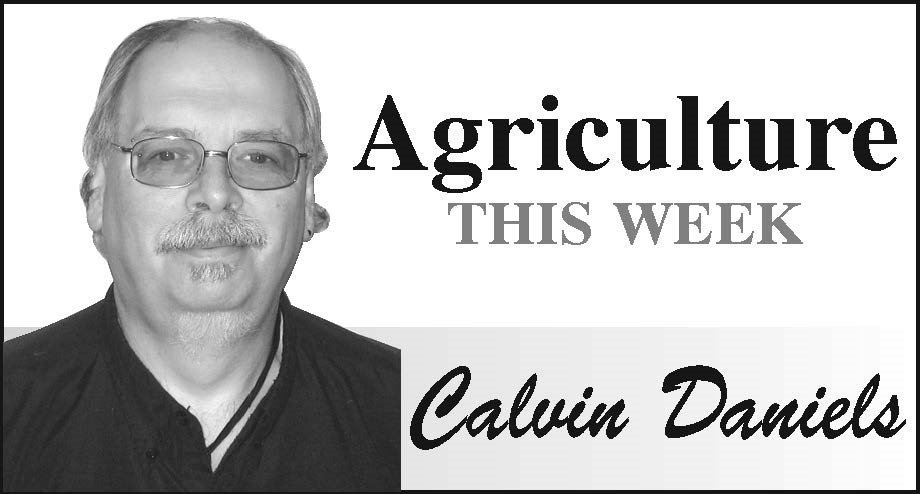It’s sometimes easy to forget how interconnected commodity markets are.
Farm producers are generally aware that the price of oil tends to drive the overall market trend, with it certainly impacting farm inputs, both in the case of direct fuel costs, and the price of some fertilizers.
With Russia and Saudi Arabia fighting over share of the global oil, market prices plummeted, and the situation has been made worse as demand dipped massively in the face of COVID-19 reducing needs internationally.
So the current disaster that is the world of international oil prices is not all bad news for farmers.
Last fall producers were generally hit with added costs to dry grain, meaning a hefty propane or natural gas bill for most.
This spring they may see the lowest fuel costs in years as they head to the field to plant their crops.
But oil prices are more than the cost for farmers, whether that means direct savings or higher input costs.
For example there has been a continuing market for grains going into the ethanol sector. It has not been the market once envisioned when ethanol was going to be the answer to the then exorbitant oil prices, but there has remained a niche.
Niche markets by their nature can be overrun rather easily, and when crude oil prices are at levels not seen in decades – some suggest below $20 a barrel for the first quarter of 2020, ethanol becomes a rather redundant fuel source.
Thankfully the ethanol market is not a massive one for grain sales to access, but it is likely a market that will be lost in the immediate months ahead, and whether it ever rebounds to relevance in the short-terms is a question mark.
Producers are likely not lamenting the potential market loss in the short term. The COVID-19 pandemic is going to keep food demand strong, provided the infrastructure to get product from farm gate to production mill to the consumer table holds up. At this point we should believe the system will manage, at least in developed countries where systems are generally better.
So the demand for what farmers produce should hold at least steady, with increases in some area, such as wheat flour in North America as consumers safeguard their home food supply by stocking up on non-perishable items.
How the markets play out amid the oil market battle and COVID-19 of course is the question hanging over farm producers headed to the fields to plant a new crop.
Calvin Daniels is Editor at Yorkton This Week.




